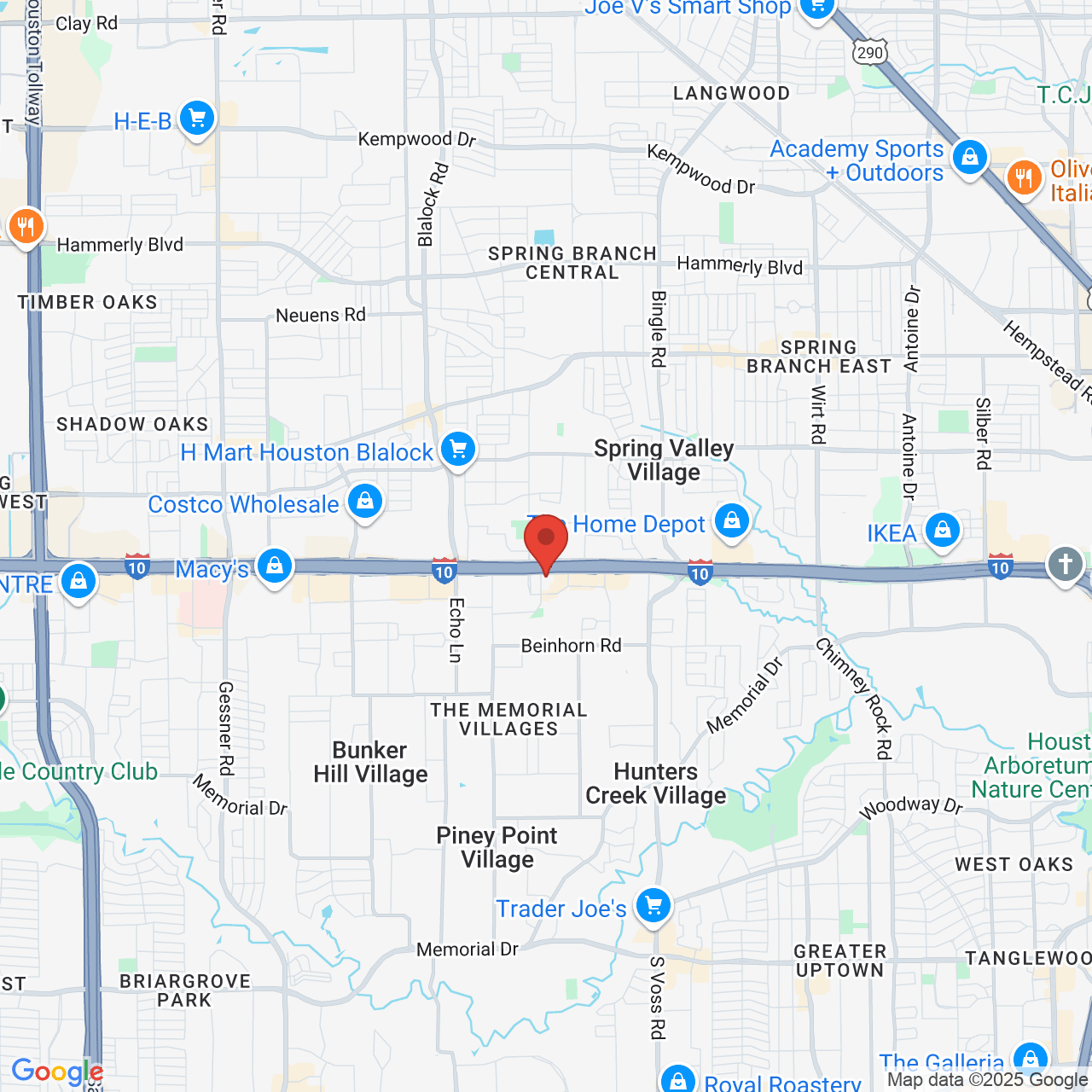Causes of Blocked Fallopian Tubes
 There are many potential causes of infertility. A fertility evaluation tests a couple’s fertility to establish if male or female factor fertility problems are present.
There are many potential causes of infertility. A fertility evaluation tests a couple’s fertility to establish if male or female factor fertility problems are present.
One female fertility problem is blocked fallopian tubes. The fallopian tubes serve as a pathway for eggs and sperm, so any blockages can reduce a woman’s chances of becoming pregnant.
Here, Dr. Sonja Kristiansen goes over the most common causes of blocked fallopian tubes that affect our Houston, TX patients.
Endometriosis
Endometriosis is a common condition. When endometriosis is present, tissues from the endometrium (the lining of the uterus) begin to grow outside of the uterus and within other pelvic organs.
The endometrium tissues can grow on the ovaries or within the fallopian tubes. Outside of the uterus, these tissues thicken and often bleed.
In many cases, endometriosis can lead to scarring. If scars develop within the thin hollows of the fallopian tubes, they can create a blockage.
Previous Pelvic Infection
If a woman develops a pelvic infection and has it treated, she may think nothing more of the problem. Unfortunately, a past pelvic infection can cause fertility issues down the road.
When an infection develops, the body responds by sending extra blood to the site. This results in inflammation. Inflammation and infection sometimes lead to the formation of scar tissue, which can affect the fallopian tubes. Scar tissue is the most common cause of fallopian tube blockages.
Sexually Transmitted Disease
The presence of a sexually transmitted disease is another common cause of blocked fallopian tubes. Even if a woman had an STD treated when she was younger, it can create blockages within the fallopian tubes.
Often, these blockages are diagnosed much later, usually when fertility problems develop. As with pelvic infections, scar tissue is the primary cause of these blockages. Two sexually transmitted diseases that are most likely to cause blocked fallopian tubes are gonorrhea and chlamydia.
Hydrosalpinx
Hydrosalpinx is a condition that causes one or both fallopian tubes to swell and fill up with water. In some cases, hydrosalpinx can lead to symptoms such abdominal pain, pelvic pain, or unusual vaginal discharge.
However, many patients suffer from hydrosalpinx without any noticeable symptoms. It is not unusual for this condition to go undiagnosed until a woman is trying to get pregnant. The inflammation and fluids that develop within the fallopian tubes create blockages that drastically impact fertility.
Contact Us
If you have been trying to get pregnant for a year or more and have not been successful, there may be fertility issues that need to be addressed. Contact us at your earliest convenience by calling (713) 862-6181. Dr. Sonja Kristiansen will be happy to answer any questions you may have about our comprehensive range of fertility services.


